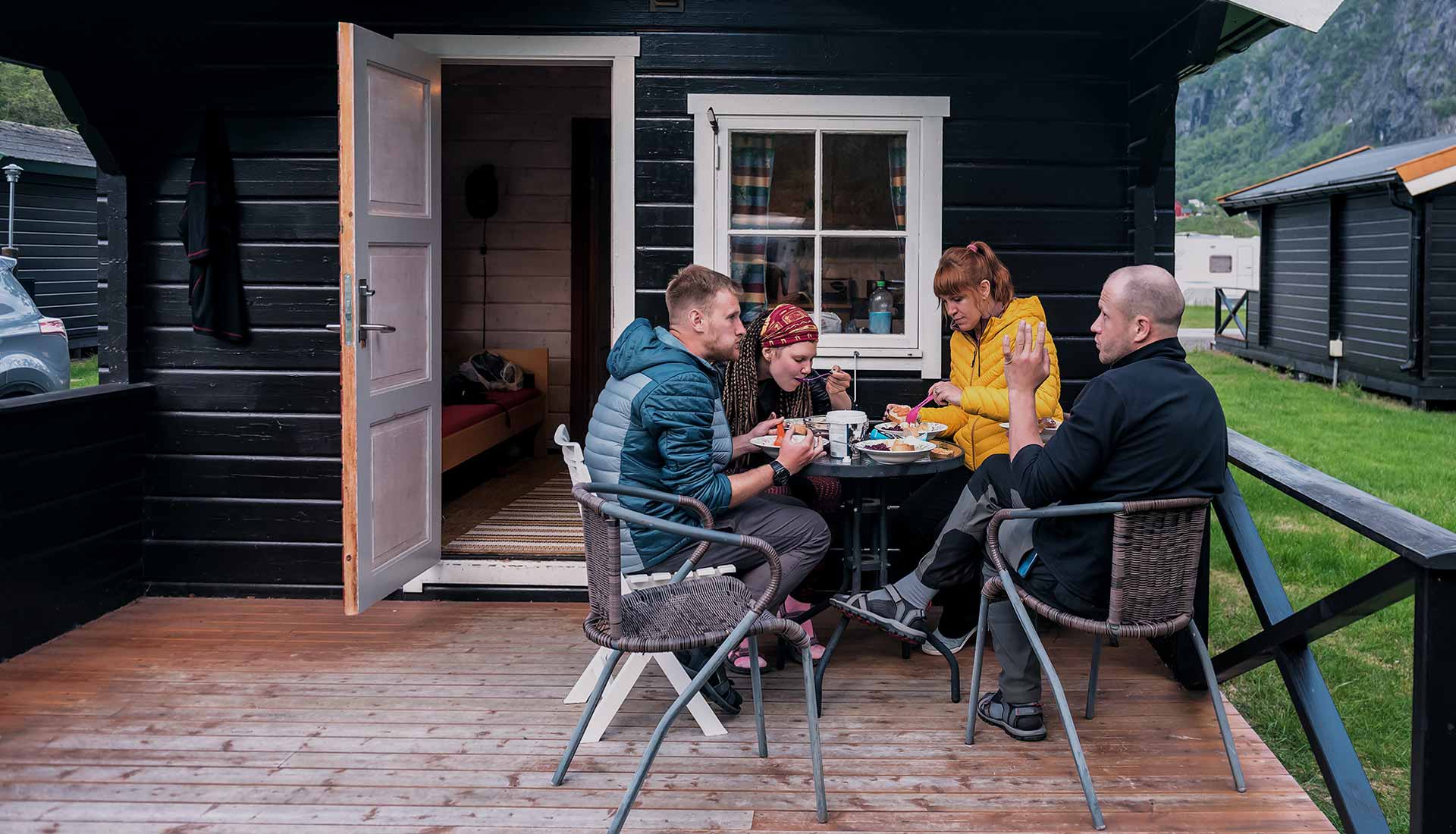I have never stayed at a campsite before - how does it work?
Camping at a campsite typically involves renting a campsite for a specified amount of time and setting up a tent or parking an RV on the site. Most campsites offer basic amenities such as running water, electricity, and restroom facilities. Here's how it works:
Choose a campsite: Research different campsites in the area you want to visit, and compare prices, amenities, and location.
Reserve a campsite: Contact the campsite or book online to reserve a campsite for your desired dates.
Arrive at the campsite: Check in at the campsite office, and set up your tent or park your RV on your assigned campsite.
Set up camp: Depending on your camping style, you may set up a tent, park an RV, or bring a camping trailer.
Enjoy the campsite: Take advantage of the campsite's amenities and activities, such as hiking, fishing, or swimming.
Clean up and depart: Before leaving the campsite, clean up your campsite and dispose of any trash. Return any borrowed equipment and check out at the campsite office.
Note: Some campsites have specific rules and regulations, such as quiet hours, fire restrictions, and pet policies, so be sure to review these before your trip.
Do you need to have a caravan or tent to stay at a campsite?
Not necessarily. While the traditional form of camping at a campsite involves setting up a tent or parking an RV, many campsites offer alternative forms of accommodation, such as:
Rental RVs: Some campsites offer rental RVs for those who don't own their own.
Cabin rentals: Many campsites offer cabin rentals for those who prefer a more comfortable camping experience.
Glamping tents: Some campsites offer luxury tents, also known as "glamping tents," for those who want to enjoy the camping experience without the hassle of setting up a tent.
Yurts: Yurts are a type of tent-like structure that offer a unique camping experience. Some campsites offer yurt rentals for those who want a unique camping experience.
So, you can stay at a campsite without a caravan or tent by choosing one of these alternative forms of accommodation.
Which season is best for camping?
It depends on personal preference, but many people prefer camping in the late spring or early fall when temperatures are mild and there are fewer insects.
Can I get a little extra help with parking if necessary?
RV parks and campgrounds offer additional assistance with parking, such as designated spots for larger RVs or staff members who can assist with backing into a spot. If you need help with parking, it is best to check with the campground ahead of time to see if they offer this service and if there is an additional fee.
